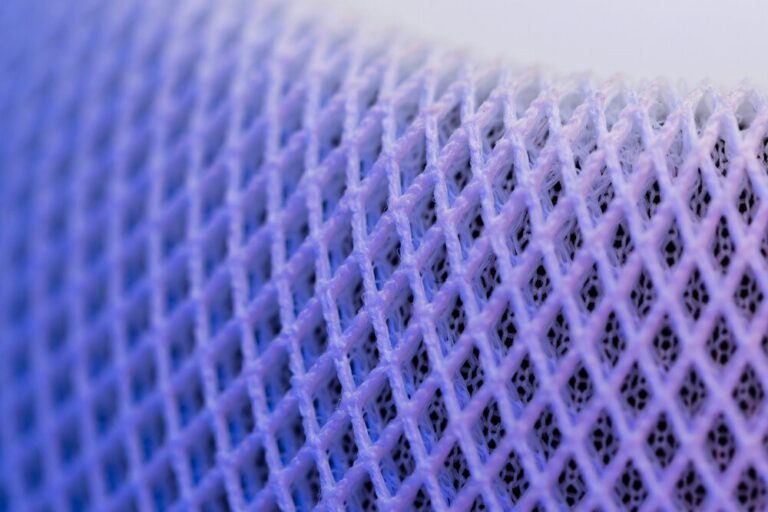Scientists from the Universities of Sheffield and Cambridge, United Kingdom, have announced a scientific advance in renewable energy that promises a revolution in the ease and cost of using solar cells. A new study found that plastic, or polymer, solar cells, which are cheaper to produce than conventional cells, can be efficient even when using very simple and inexpensive manufacturing methods. The scientists were able to show that when a complex mixture of molecules in solution is spread on a surface, the different molecules separate to the top and bottom of the layer in a way that maximizes the efficiency of the resulting solar cell. According to Dr. Andrew Parnell of the University of Sheffield, “Our results give important insights into how ultra-cheap solar energy panels for domestic and industrial use can be manufactured on a large scale. Rather than using complex and expensive fabrication methods to create a specific semiconductor nanostructure, high volume printing could be used to produce nano-scale (60 nano-meters) films of solar cells that are over a thousand times thinner than the width of a human hair. These films could then be used to make cost-effective, light and easily transportable plastic solar cell devices such as solar panels.” Their findings were published in the journal Advanced Energy Materials.
http://www.shef.ac.uk/mediacentre/2011/solar-cells-renewable-energy.html




